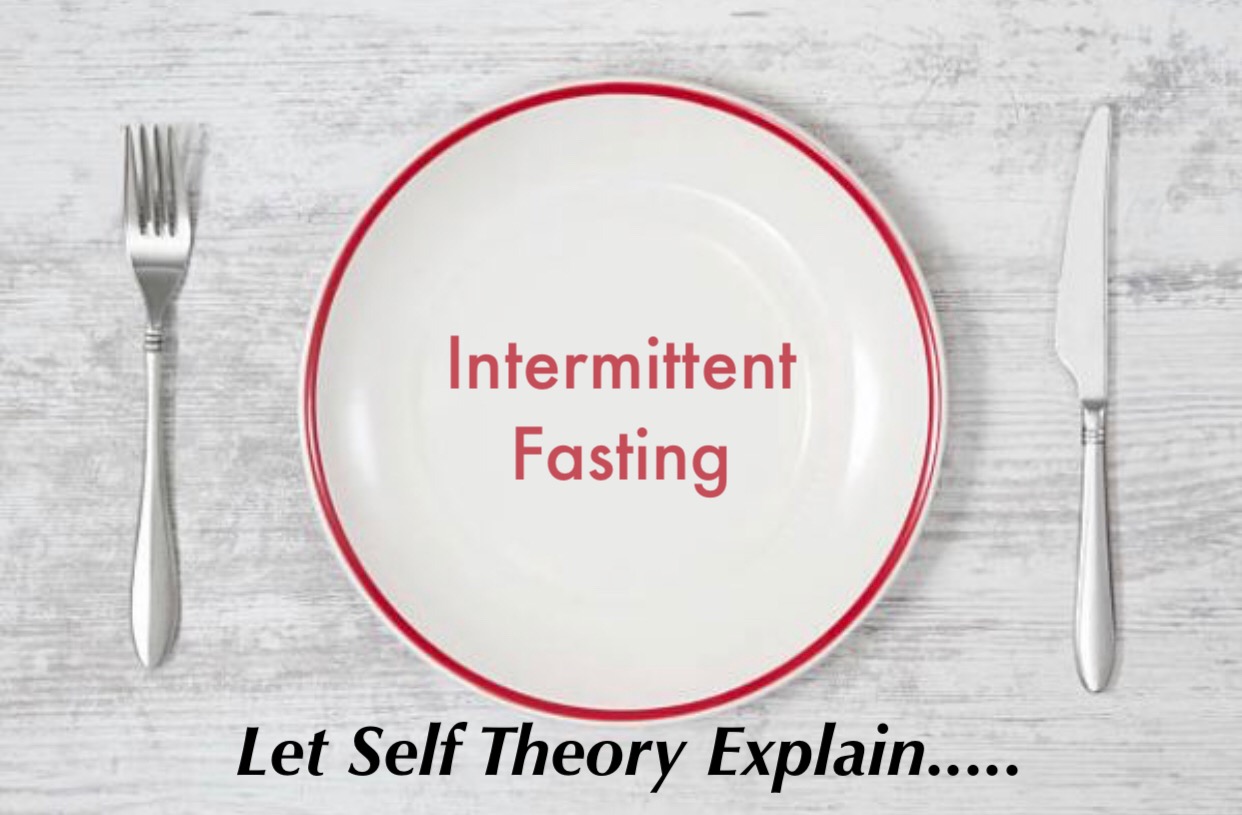
One of the most common questions we receive these days is about intermittent fasting. Intermittent fasting (or also known as cyclic feeding) is a dietary theory that is gaining so much popularity. It seems like just about everyone we speak to these days is trying it.
Intermittent fasting is really nothing new, except it had been forgotten for a period of time. Fasting is one of the most ancient healing traditions in human history. It has been practiced by almost every culture and religion. The reported benefits of fasting range from weight loss, hormonal balance, endurance, stabilize insulin, normalize ghrelin levels (hunger hormone), lower triglyceride levels, and reverse aging.
So, what exactly is FASTING and what do you do?
Fasting involves eating most of your calories within a specific window of time. There are different types of fasting options out there and I will say - it is NOT for everyone.
One of the biggest issues we see with fasting is people skipping out on their daily breakfast. There have been numerous studies and trials that have repeatedly shown that skipping out on breakfast is not always the best idea. As fasting is growing in popularity, we see a growing population of people just skipping this very important meal. Do you remember when Mom told you how important it was to eat breakfast before school? Well she was right.....
Skipping breakfast is disappointing for weight loss, it also decreases sensitivity to the hormone insulin and worsens blood lipids. These side effects are further intensified when people skip breakfast, eat a small lunch, then go for one big meal in the evening. Research continues to show that breakfast-eaters tend to have lower rates of heart disease, high blood pressure and high cholesterol. In a recent study performed by the University of Hohenheim in Germany, they found that people who regularly skip out on breakfast show higher inflammatory markers and insulin resistance after eating lunch.
Furthermore, they found that people also oxidized more fat, meaning that their bodies store up more fat reserves on the days breakfast was skipped. The study concluded that because chronic inflammation is known to affect insulin sensitivity, skipping breakfast does indeed create metabolic impairment, which creates risk for obesity and type 2 diabetes.
We ask that if you have any level of interest in intermittent fasting, you take the idea of skipping breakfast into caution. Timing means everything with a fast. Studies have shown that if you are looking for a way to burn those unwanted fat cells, eat your dinner early. If you are interested in fasting, try only eating between the hours of 9am-5pm. With this approach, you can still enjoy all the benefits of fasting without metabolic impairment.
We do NOT recommend fasting for:
- Individuals with an Eating Disorder
- Pregnant Women of Newborns
- Individuals with Type I Diabetes
- Extreme Athletes
- Individuals who are Underweight
- Children
- People taking Medications (Anti-Seizure, Corticosteroids, Diabetes)
If you are interested in trying some sort of fasting program, we recommend you work with us and determine what might be the best option for optimizing your SELF THEORY. As always, we recommend you also consult with your physician.
Let us explain about the three most popular types of fasting options there are in a little more depth:
Time Restricted Fasting (TRF) - MILD FASTING
This type of fasting is controlled by our very own circadian system. We basically allow the daylight to tell us when it is time to eat. When the sun goes down and we see nothing but darkness outside, we refrain from consuming anything. Our ancestors likely followed a protocol that looked similar to this. Today our society has been disrupted by working long hours. We eat out largest meal when it is dark outside and often time indulge ourselves in foods that serve our body no purpose. If you are interested in fasting, this is probably the best place to experiment with your body and start.
Following a TRF type of fast has been shown to decrease fat and help with muscle mass retention.
Intermittent Fasting (IF) - MODERATE FASTING
This is a form of fasting where a person will fast for an interval of time. The most common type of intermittent fast is what we call the 16-8 protocol. For example, this would entail eating all your food in a 8 hour timeframe, then not eating or drinking anything with calories for the remaining 16 hours.
Another popular form of intermittent fasting is called the 5:2 fast. This is where people often take a couple days off in the week and refrain from any form of eating. During this fasting period, people may only allow themselves to sip bone broth or some type of beverage that provides detoxification benefits. This type of fasting is not for everyone, so know your limitations. This type of fasting has been shown to extend life span, reduce stress and promote visceral fat loss. It can also promote cellular regeneration and rejuvenation.
Periodic Fasting - ADVANCED FASTING
Periodic fasting is basically fasting for a period of time; it can be anywhere from 3-7 days. This type of fasting is not for the average person. You really have to have some experience with it. If this is your first time doing a fast, we would not recommend starting out with this approach. Start with a TRF fast and gently work your way up. The research on this type of fasting probably proves to have the most benefit. The greatest reports have shown the body is given more time to reduce inflammation and chronic disease development.
Always listen to your body and know your limitations. When done properly, fasting can prove to be an extreme benefit to your overall health.
Written by: Jessica Johnston, IINHC
Self Theory Integrative Nutrition
